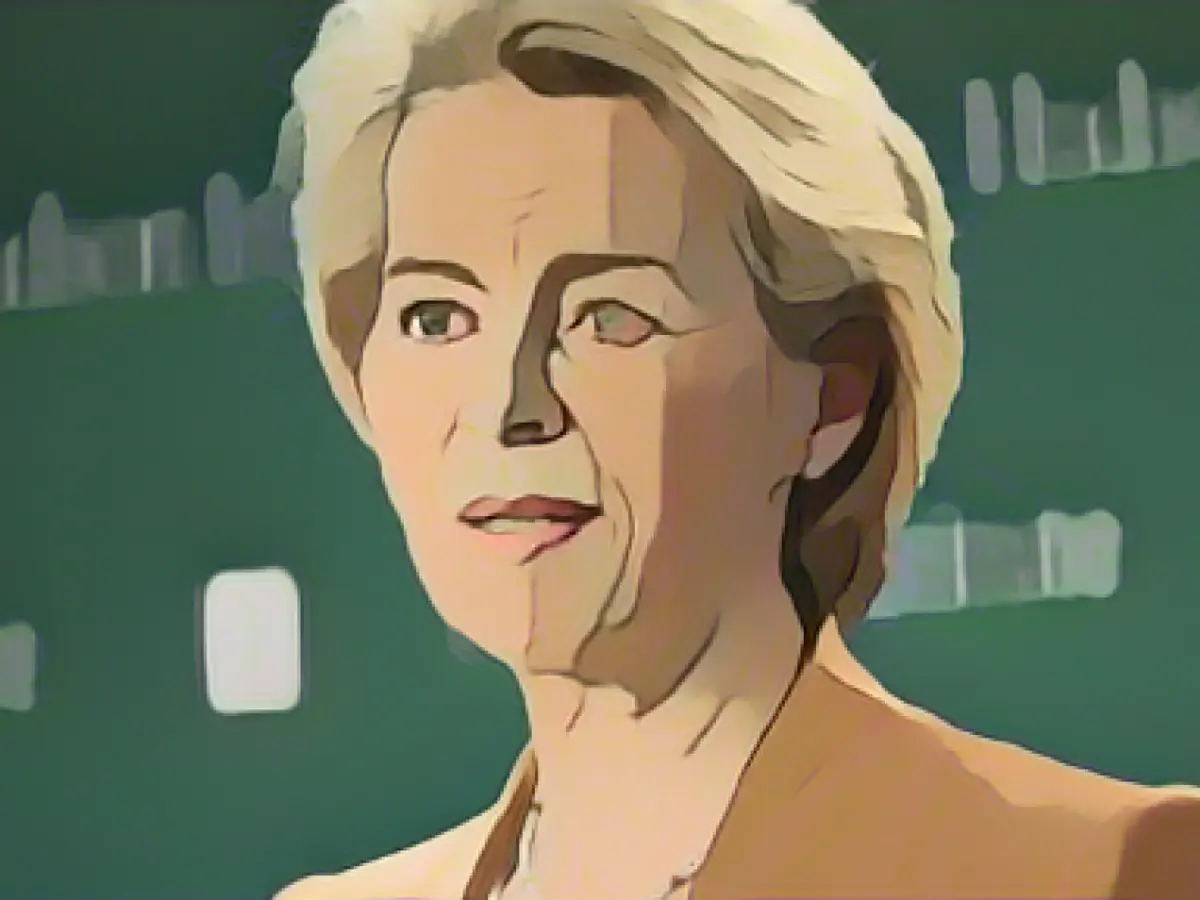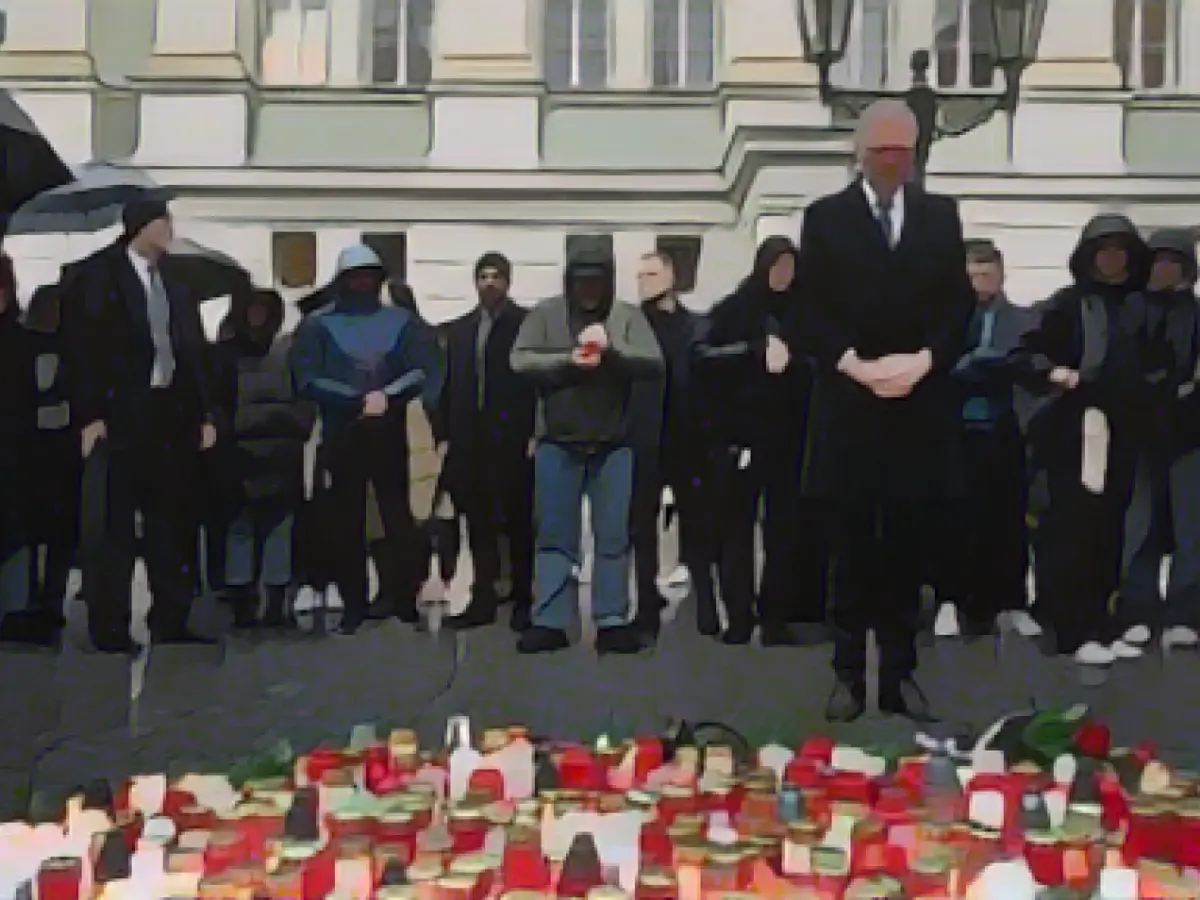At the recent EU-China summit in Beijing, leaders discussed various pressing issues, such as the trade imbalance and the ongoing conflict in Ukraine. President of the European Commission, Ursula von der Leyen, called on China to lift sanctions imposed on European politicians, like her counterpart, Reinhard Bütikofer, following EU sanctions due to China's oppression of the Muslim Uyghur minority.
The EU emphasized the importance of human rights and democratic values during the discussions, while high-level dialogue on foreign affairs was announced to strengthen cooperation on global issues. Chinese Premier Li Qiang and EU officials also discussed future business deals and cooperation.
Incidentally, EU regulations on low-value imports from China and provisional import tariffs on electric vehicles have stoked ongoing trade tensions. The European Central Bank has warned about the potential impact of US-China trade tensions on the eurozone. The EU's de-risking policies to counter market distortions and enhance supply chain resilience have also faced criticism.
In the context of the summit, both sides underlined the need for cooperation to tackle global challenges, including the Russian war in Ukraine, but China's stance on Ukraine has been cautious. The EU's diplomatic meetings with Chinese Commerce Minister Wang Wentao and European Trade Chief Valdis Dombrovskis highlighted ongoing efforts to avoid a trade war between the EU and China.
Sources: * * 1. University of Cambridge - Centre for International Studies * 2. European Union - European Commission * 3. Ministerium für Wirtschaftsförderung und Arbeit des Landes Berlin * 4. South China Morning Post * 5. European Union - European Parliament - Committee on International Trade
Enrichment Insights: - EU Regulations on Low-Value Imports: The EU has tightened regulations on low-value imports from China, particularly focusing on e-commerce platforms like Shein and Temu. The European Commission has demanded internal documents and risk mitigation measures from these companies under the Digital Services Act due to concerns over product safety, consumer protection, and data privacy. - Provisional Import Tariffs on EVs: The EU has announced provisional import tariffs on electric vehicles (EVs) from China, ranging from 27.4% to 48.1%, following an anti-subsidy investigation. This decision reflects ongoing trade tensions and EU efforts to address market distortions. - Chinese Response to EU Sanctions: China imposed entry bans and other measures against MEP and former co-leader of the German Greens, Reinhard Bütikofer, in response to EU sanctions initiated due to China's oppression of the Muslim Uyghur minority. This response is an example of how international sanctions can lead to retaliatory measures from affected countries. - Diplomatic Meetings and Efforts: Recent diplomatic meetings, such as the one between Chinese Commerce Minister Wang Wentao and EU Trade Chief Valdis Dombrovskis, have highlighted ongoing efforts to avoid a trade war between the EU and China. However, these discussions have been challenging, with both sides maintaining their positions on tariffs and trade practices. - Ongoing Trade Tensions: The European Central Bank (ECB) has warned about the potential impact of escalating US-China trade tensions on the eurozone, including the possibility of China redirecting discounted exports to Europe in response to U.S. tariffs. The EU's focus on de-risking policies to counter market distortions and enhance supply chain resilience has faced criticism for its potential economic and strategic implications.








